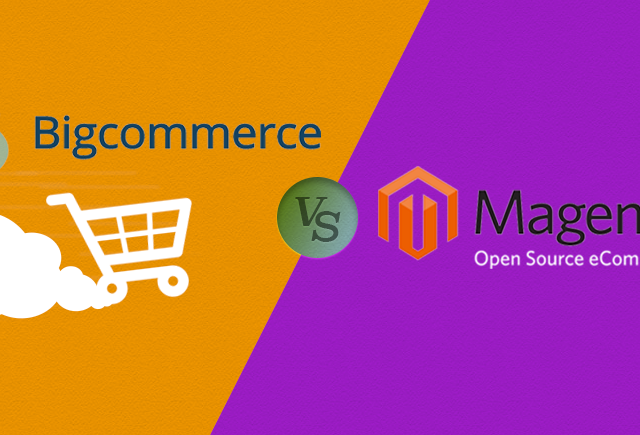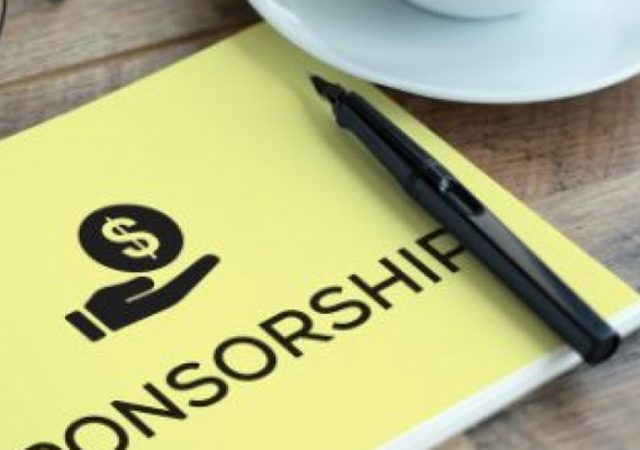Do you know how to choose the right partner to refine or recover your scrap gold, silver, platinum or any other precious metal?
This is an important decision as it can have an impact on both the size and the value of your return. Regardless of who you ultimately choose to work with, the more information you have, the better your overall business relationship will be. With that in mind, we have come up with some questions you should always ask a precious metal refiner before starting working with them.
What technique do they use for refining or recovering precious metals?
As a manufacturer, you should be aware of the procedures used in the refining and recovering processes as these may generate precious metal scrap that you can recycle in your business. At All Waste Matters we use the phyrolysis method which solidifies noble-metalliferous metals, melting them to become cider and then pouring which finally separates the precious metals. With this method, various chemical gasses are introduced to the molten metal. Atoms of non-precious metal adhere to the gas and are carried away, leaving only the pure precious metal behind. Once other metals have been removed, the molten precious metal can then be cooled and shaped into a bar or weight.
How long will the refining process take?
Normally, the length of the refining process depends on the material being handled. High-grade materials like gold and silver can be processed much more quickly than low-grade sweeps or carpeting. The quicker the turnaround time, the sooner you will get paid. Beware of a refinery that offers "same day service". They may ultimately be taking shortcuts that are not in your best financial interests.
How will you determine the value of my scrap precious metals?
To determine how much your scrap is worth, you will need to know the purity as well as the weight of the gold, silver, platinum or other precious metal contained in your scrap. A reputable refiner will always offer a free sampling and assay service to determine the value of your lot. To calculate an approximate value, you will also need to know which market / prices your refinery is basing their pay-outs on.
There are various methods to determine the value of precious metals contained in your scrap. Fire assay, also known as cupellation, is the standard method for gold and silver, internationally accepted by the precious metals industry. With a fire assay, the precious metals are separated from non-precious materials by fusion using a lead oxide-based flux. When performed properly by a skilled technician, a fire assay is accurate to 1 part in 10,000.
Platinum, palladium, and low-grade materials need to go through a separate process called inductively coupled plasma optical emission spectrometry or ICP-OES. In a nutshell, ICP uses high temperature plasma to excite atoms and ions that emit electromagnetic radiation. The wavelength readings and their intensity are indicative of the concentration of the elements within the sample. This process is more time consuming and expensive to perform due to the complex preparation the sample must go through before being analysed. Always ask your refiner what methods they will use and how long it will take to receive a quote.
How can I trust an assay result?
In fact, you shouldn’t. While most refineries are not out to deceive you, at the end of the day there are actual human beings running very sophisticated tests. For how precise these tests may be, mistakes can happen. It’s best practice to ask for a sample of your material back so that you can have a third-party analysis performed. A good refiner will not have any problem with that request. Once you have your results and your refiner has theirs, you should compare both to ensure that the right analytical determination has been made. This is the easiest way to provide fairness and transparency during the entire refining process. Reconsider your decision to work with any company that won’t provide you with a sample.
What fees will you charge me?
Always ask this question upfront. You must have a full understanding of each and every charge related to the refining or recovering of your precious metals – and always ask your refiner to put everything in writing. It can happen that different types of materials have varying charges for the same service. Refiners may try to entice you by offering a "flat fee" processing with no additional charges. The numbers may look good, but often it’s too good to be true.
In conclusion, be well informed before choosing a precious metals refinery. It is a more complex matter than one company charging "X" while another charging "Y", and many factors can play a role. The more information you have, and the more satisfactory answers you receive from your refiner, the easier it will be to choose the right partner for your business.




